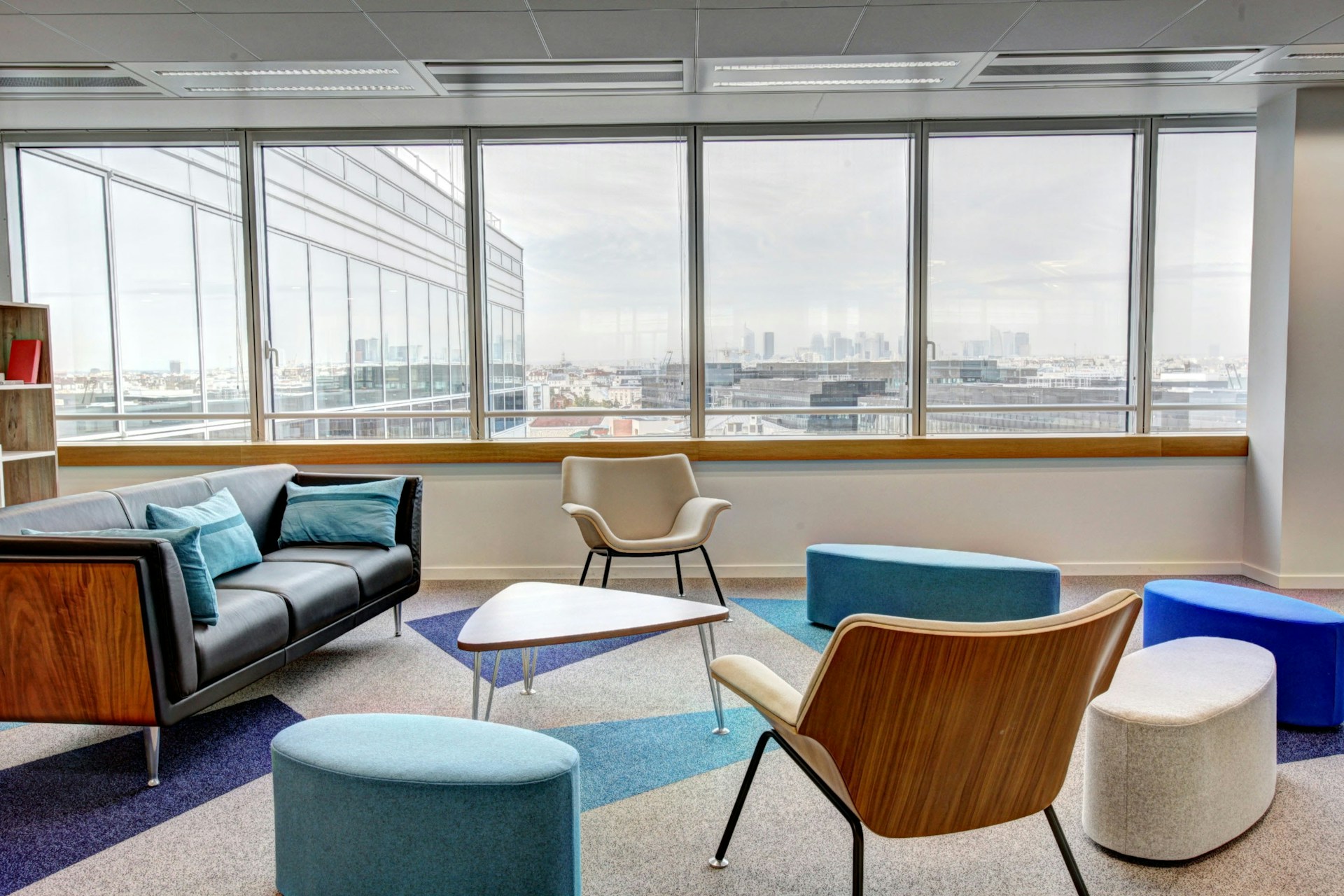Do You Need Some Extra Business Space? These Tips Can Help

As businesses grow, the need for additional space often arises. Whether it's to accommodate more employees, store increased inventory, or set up new workstations, finding the right space is essential. Expanding involves more than just selecting a larger office; it requires careful planning and budgeting to ensure the new space meets both current needs and future growth. Here are some practical tips to help you find and manage extra business space effectively.
Assess Your Needs
The first step in finding extra business space is to assess what you actually need. Identify the specific requirements of your business— you need more Office Storage, additional meeting rooms, or a larger workspace for your team. Understanding your needs will help you choose the right type of space and avoid unnecessary costs. For example, if your primary need is to store documents and equipment, look for spaces with ample storage solutions. Conversely, if you need more collaborative areas, focus on spaces that offer flexibility for team meetings and brainstorming sessions.
Explore Different Space Options
Once you have a clear idea of your requirements, start exploring different space options. Renting additional office space is a common choice, but it's not the only option available. Consider the benefits of co-working spaces, which offer flexibility and lower costs compared to traditional leases. Co-working spaces can provide access to meeting rooms and office amenities on an as-needed basis. Virtual offices are another option if you only need a professional address and occasional meeting space without the overhead of a full-time office. Each of these options has its own advantages and may be suitable depending on the nature and size of your business.
Consider the Costs
Budgeting for additional space involves more than just the rent. You'll need to account for various costs such as utilities, maintenance, and potential renovations. Moving to a new space can also involve significant expenses, including relocation costs and the time required to set up the new environment. Have a comprehensive understanding of all potential costs associated with the new space to avoid any financial surprises. Create a detailed budget that includes these factors and ensures that the additional space fits within your financial plans.
Plan for the Future
When selecting extra space, think about your long-term needs. Choose a space that not only accommodates your current requirements but also has room for future growth. Opting for a location that allows for expansion can save you from needing to relocate frequently as your business continues to grow. Consider factors such as scalability, layout flexibility, and proximity to your existing location or key markets. Planning for the future will help you select a space that supports your business's ongoing success and minimizes disruptions.

supports your business's ongoing success and minimizes disruptions. Expanding your business space involves several important considerations. By assessing your needs, exploring various space options, budgeting for all associated costs, and planning for future growth, you can make an informed decision that supports your business's objectives. Taking the time to carefully evaluate and choose the right space will ensure that it meets your current needs and provides room for future expansion. A well-chosen space can significantly contribute to your business's efficiency and success.